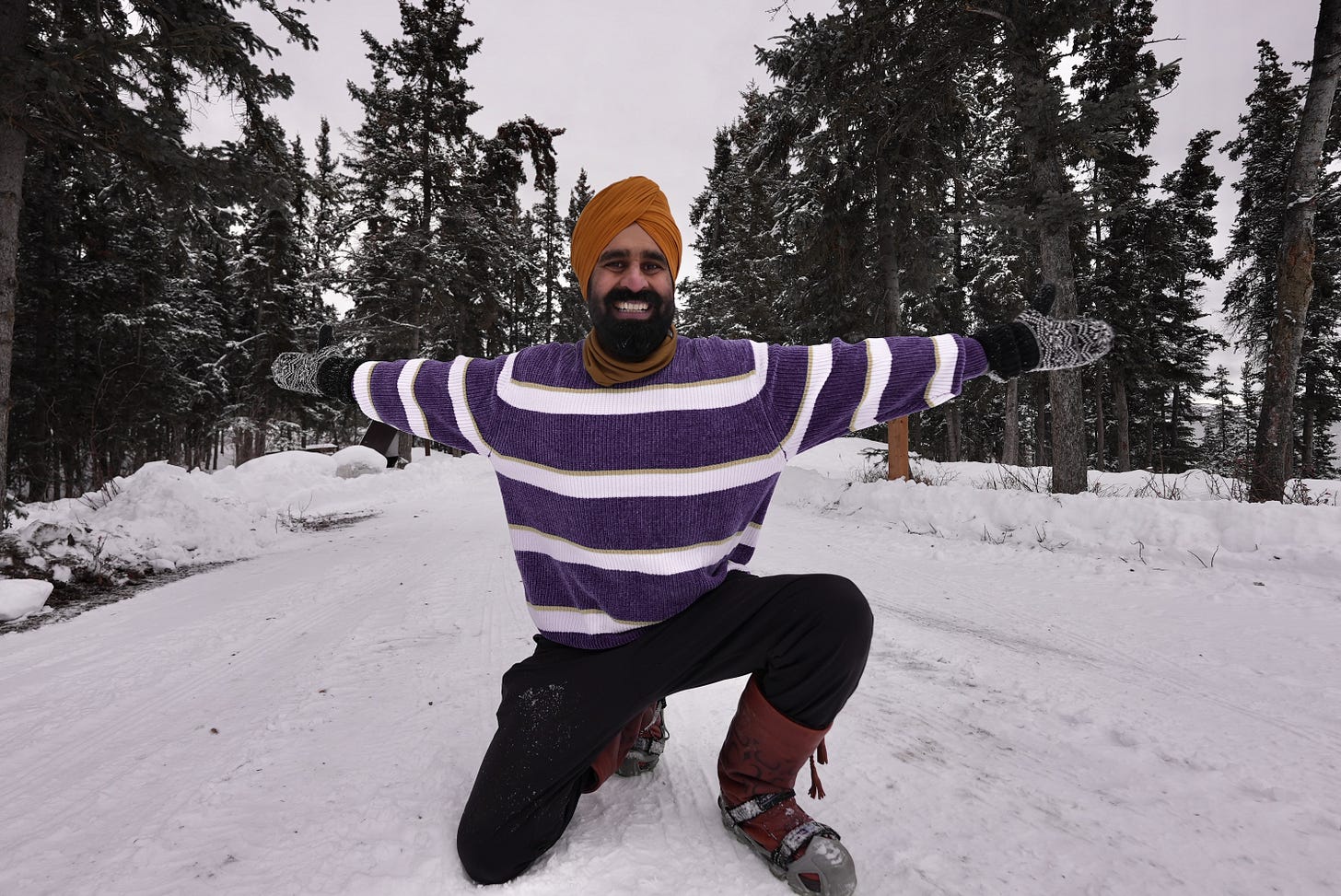Two Kinds of Races: One Tests Our Physical Limits, the Other Fuels Our Endless Comparisons
Physical race builds health through running outdoors. Modern life's race for status depletes us through endless comparison, leaving even successful competitors unfulfilled.

There are two fundamental types of races that we encounter in life, though regrettably, many of us find ourselves participating in the second variety. The first type is the literal, physical race - a pure and invigorating activi…
Keep reading with a 7-day free trial
Subscribe to The Gurdeep Magazine to keep reading this post and get 7 days of free access to the full post archives.



